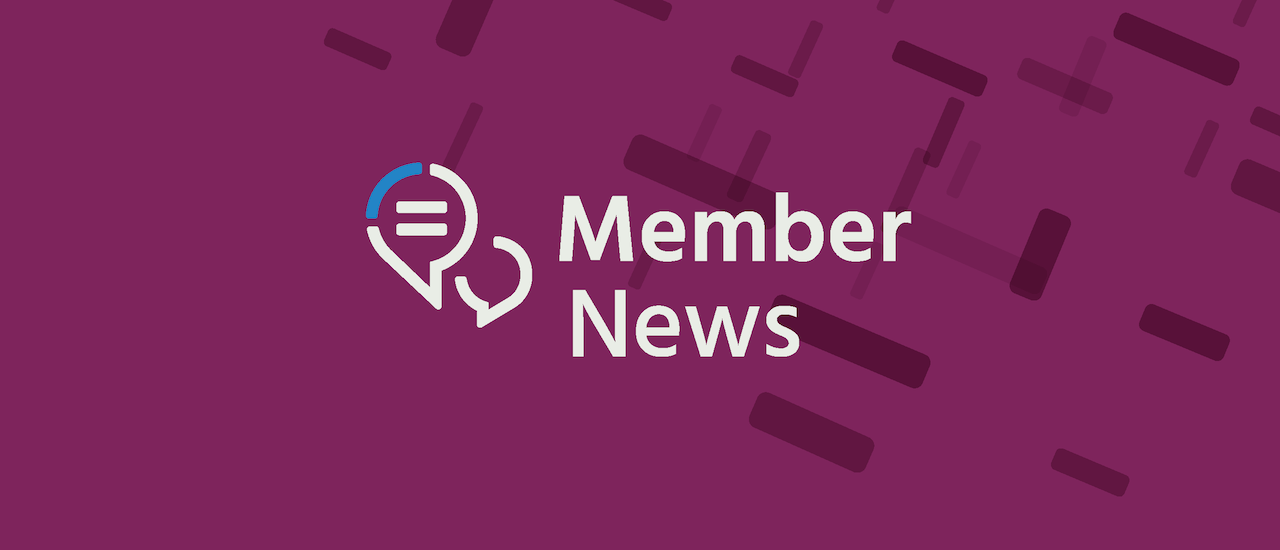Lock it down: Several Internet Society chapters across the globe have written about the importance of encryption in recent weeks. The Namibia Chapter wrote about the way encryption can improve privacy and fight against the big business of criminal hacking. “Cybercrime is a global business, often run by multinational outfits,” the Chapter wrote. The Hong Kong Chapter, meanwhile, wrote that “encryption matters to all of us.” Internet users need to work together to protect encryption, the Chapter added. “No party can stand alone to persuade governments to stop creating laws or policies that harm encryption and digital security.”
Freedom for all: The Hong Kong Chapter also called for Internet freedoms to continue in the region as the Chinese government pushes for new security laws there. “We are convinced that the freedoms of speech, press and publication guaranteed by the Basic Law are also applicable to the media industry on the Internet,” the chapter wrote. “Internet users have the freedom and right to obtain, share information and express their expressions, and are protected from being censored, blocked or criminalized.”
Expanding the community: The Nepal Chapter recently wrote about community networks in the country, by highlighting the Rural Communities Access to Information Society (RUCCESS) project. The project aims to provide Internet access and digital literacy programs in rural areas. The project connected community learning hubs with 1 Mbps dedicated bandwidth.
The exchange rate: The Uganda Chapter recently looked at the state of the Uganda Internet Exchange Point, only known Internet exchange point in the country. The IXP is operated by a nonprofit group, but the government there has made several attempts to take over its operation. There are several reasons the government wants to take control, including censorship and taking control of the Internet, the Chapter wrote.
Being a good citizen: The Madagascar Chapter recently highlighted a training program on digital citizenship. “The digital citizen is one who exercises his civic duties and undertakes to become active promoters of more peaceful, tolerant, inclusive, secure and sustainable societies essentially through the digital,” the Chapter wrote. A good citizen has a responsibility to act ethically and avoid fueling hatred and inequality, the Chapter added. “In the digital ecosystem in Madagascar where the Internet is more and more limited to social networks … these dangerous discourses have proliferated widely in recent months, fueled by controversy (generated by fear?) in the context of a health crisis.”
How are you using the Internet to make a difference? Let us know! #IHeartTheInternet
